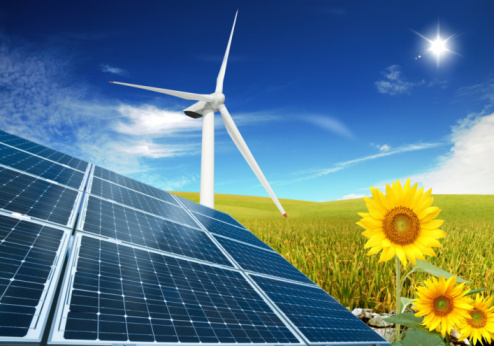Energy
German Shift from Nuclear to Renewable Energy Gets Expensive
Published:
Last Updated:

Under Germany’s Renewable Energy Act (EEG), which was enacted in January of 2012, the government guarantees above-market rates for renewable energy generation for 20 years from the time of installation. A surcharge equal to the feed-in tariffs paid by utility companies for renewable minus the revenue from energy fed into the country’s grid is added to nearly all household and commercial electricity bills. As a result, German consumers and businesses pay a renewables surcharge of 5.277 eurocents, some 47% higher this year than it was a year ago.
Higher utility costs don’t win elections, and Merkel is well aware of that and the approaching September election. She is proposing that the EEG rules be amended to add wind turbines where appropriate and to force renewable power producers to pay more to support grid expansion and other changes better to integrate the country’s energy system. This would presumably reduce the surcharge that voters — er, consumers — now pay.
Merkel is also suggesting that more natural gas-fired plants be built to back up the solar and wind generation plants. She continues to support renewable feed-in tariffs and renewable energy generation in general. But she needs a painless way to pay for them. We wish her good luck with that.
Ever wanted an extra set of eyes on an investment you’re considering? Now you can speak with up to 3 financial experts in your area for FREE. By simply
clicking here you can begin to match with financial professionals who can help guide you through the financial decisions you’re making. And the best part? The first conversation with them is free.
Click here to match with up to 3 financial pros who would be excited to help you make financial decisions.
Thank you for reading! Have some feedback for us?
Contact the 24/7 Wall St. editorial team.